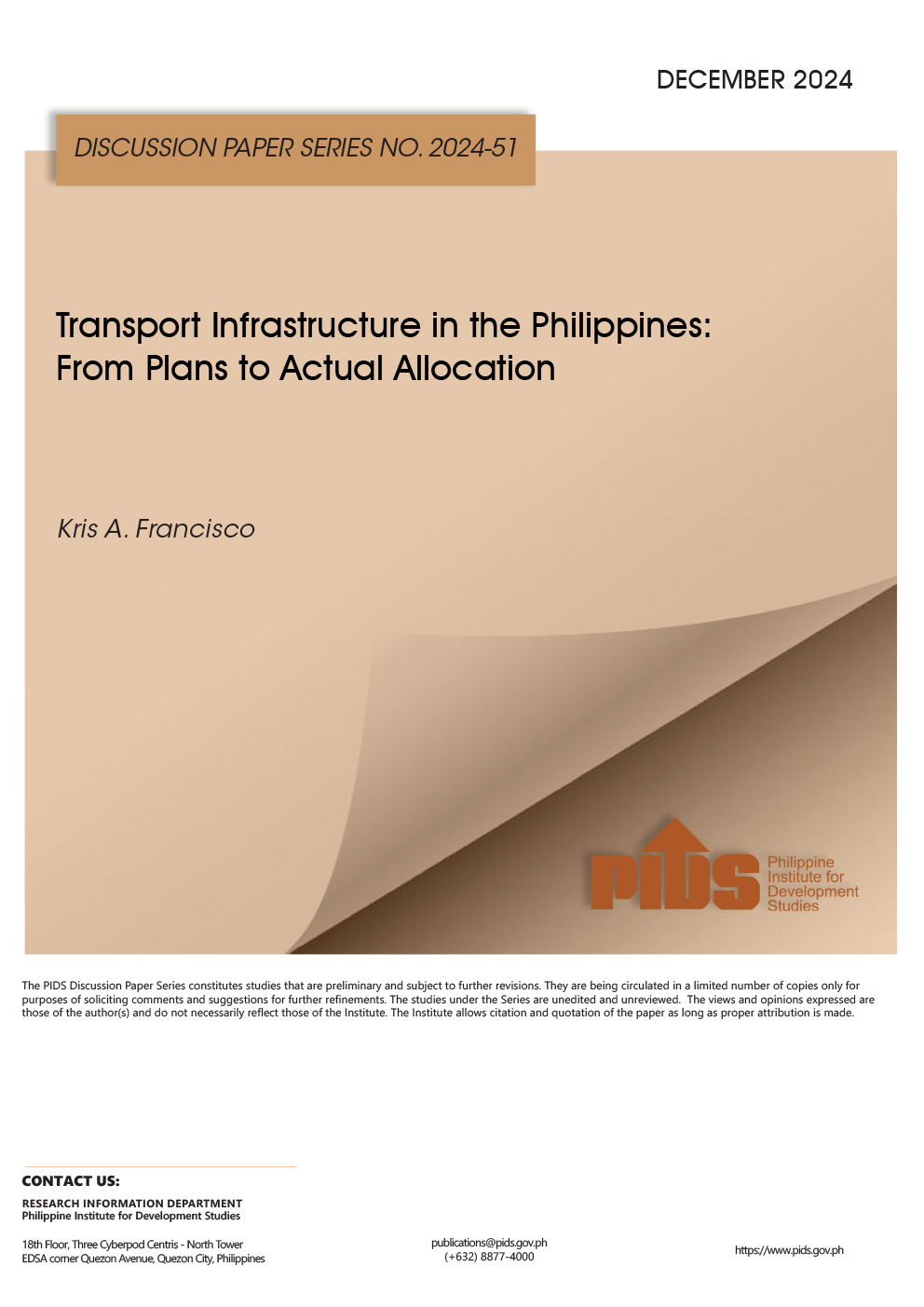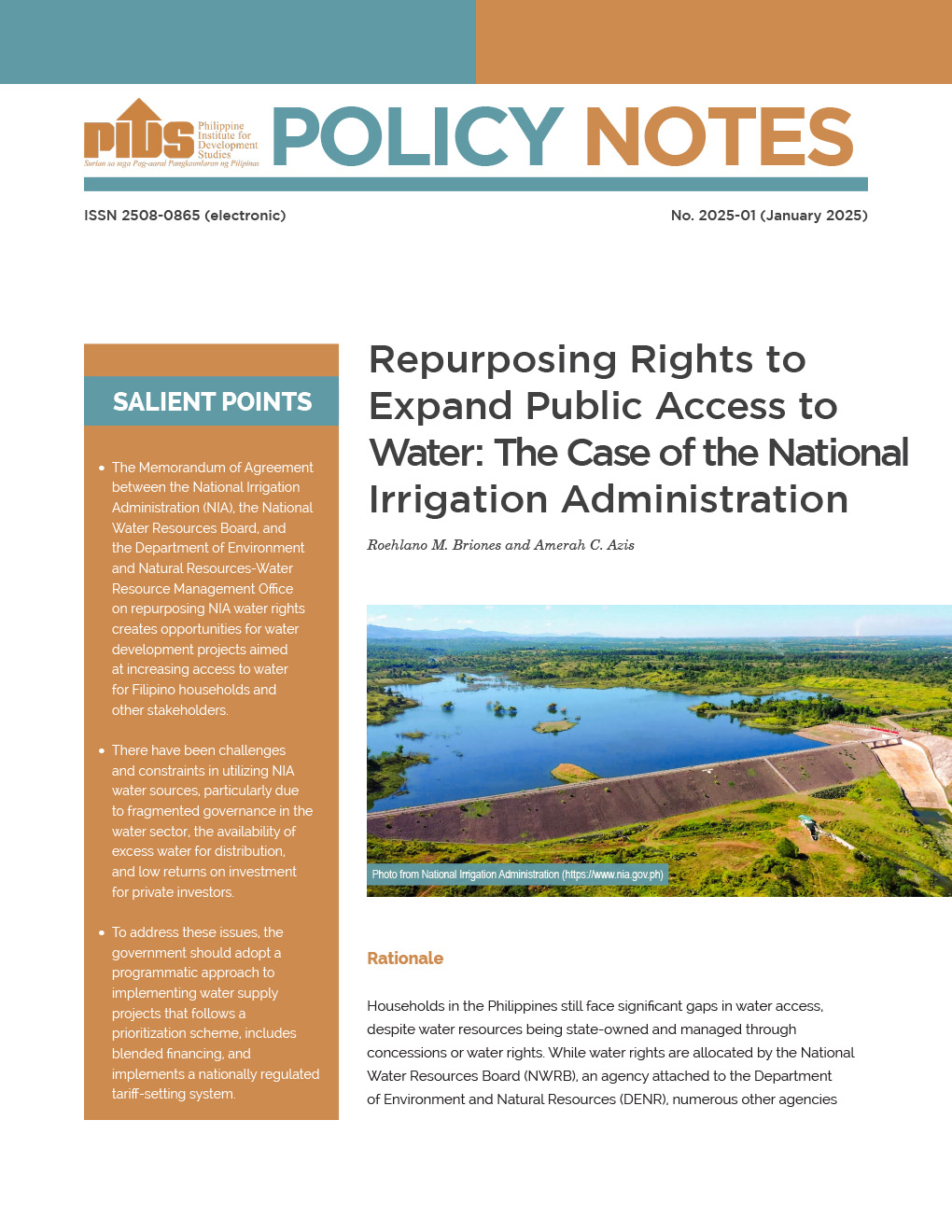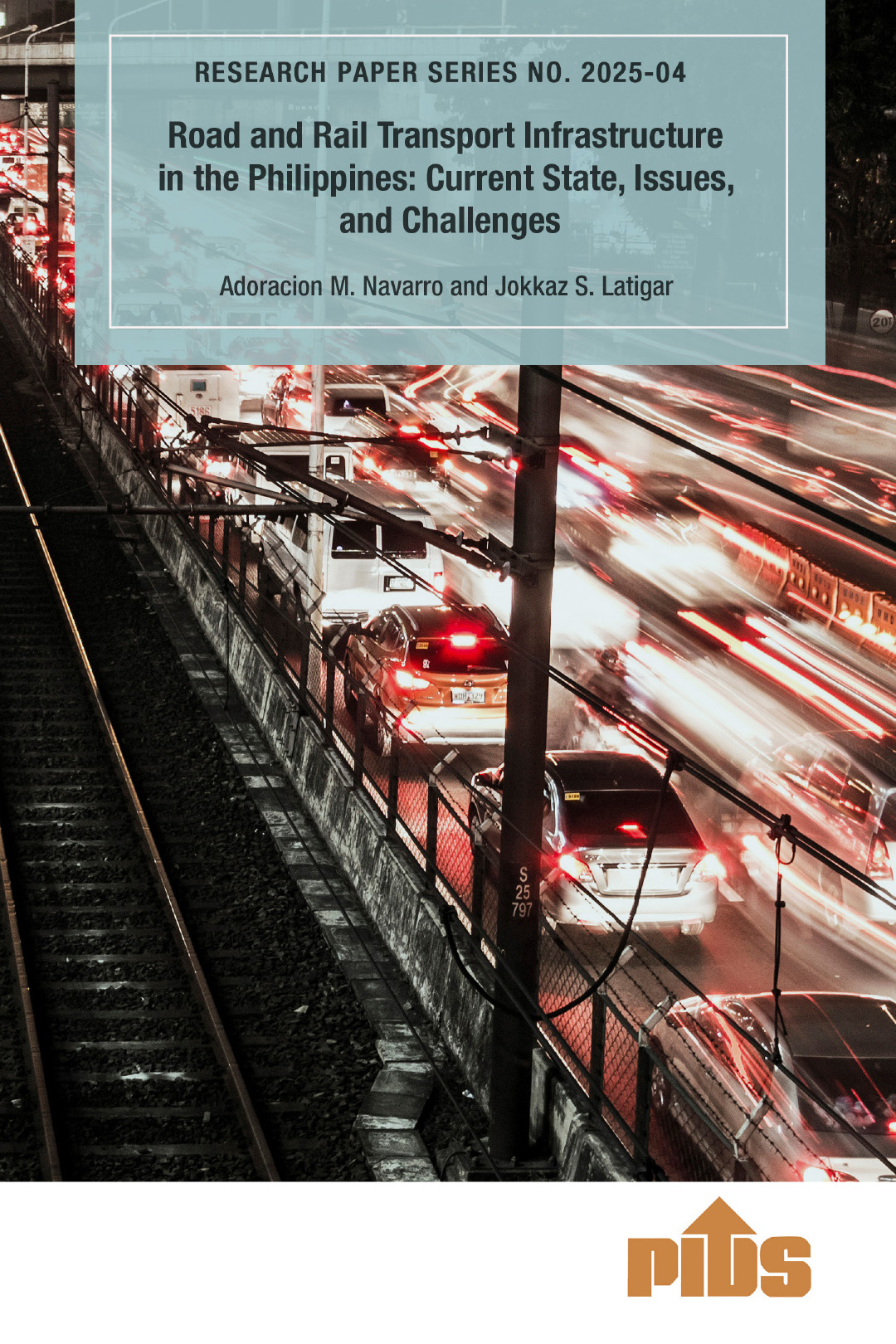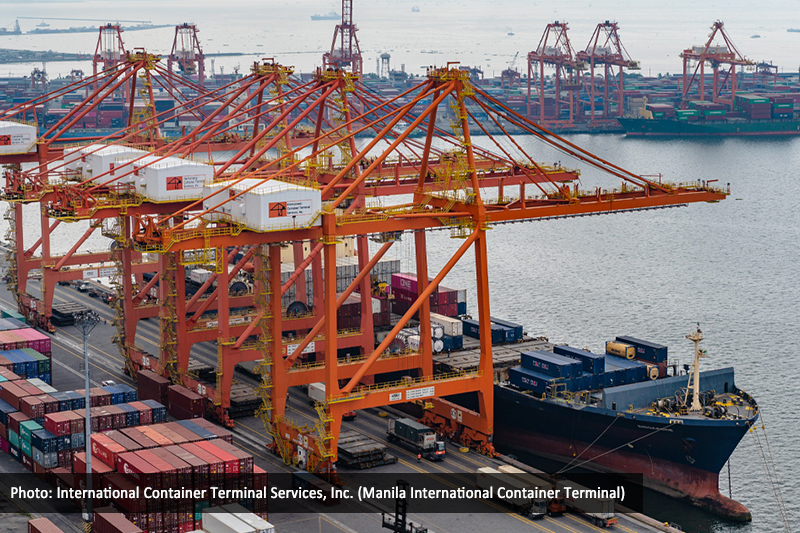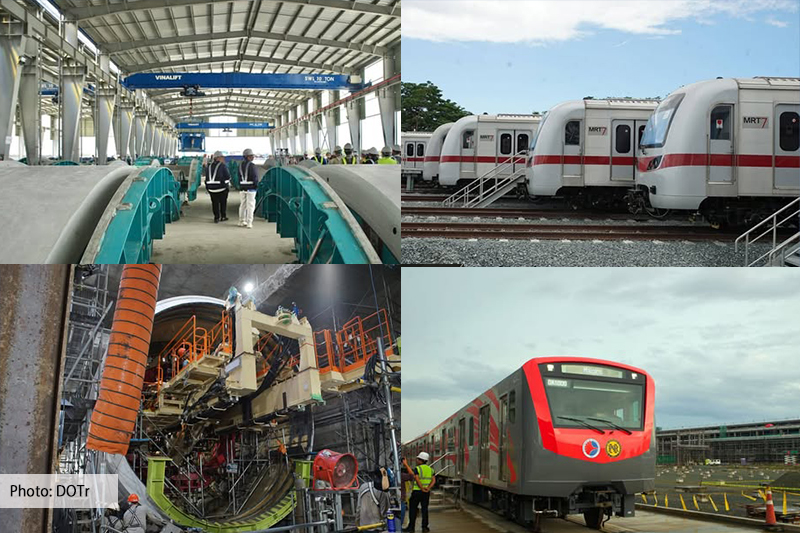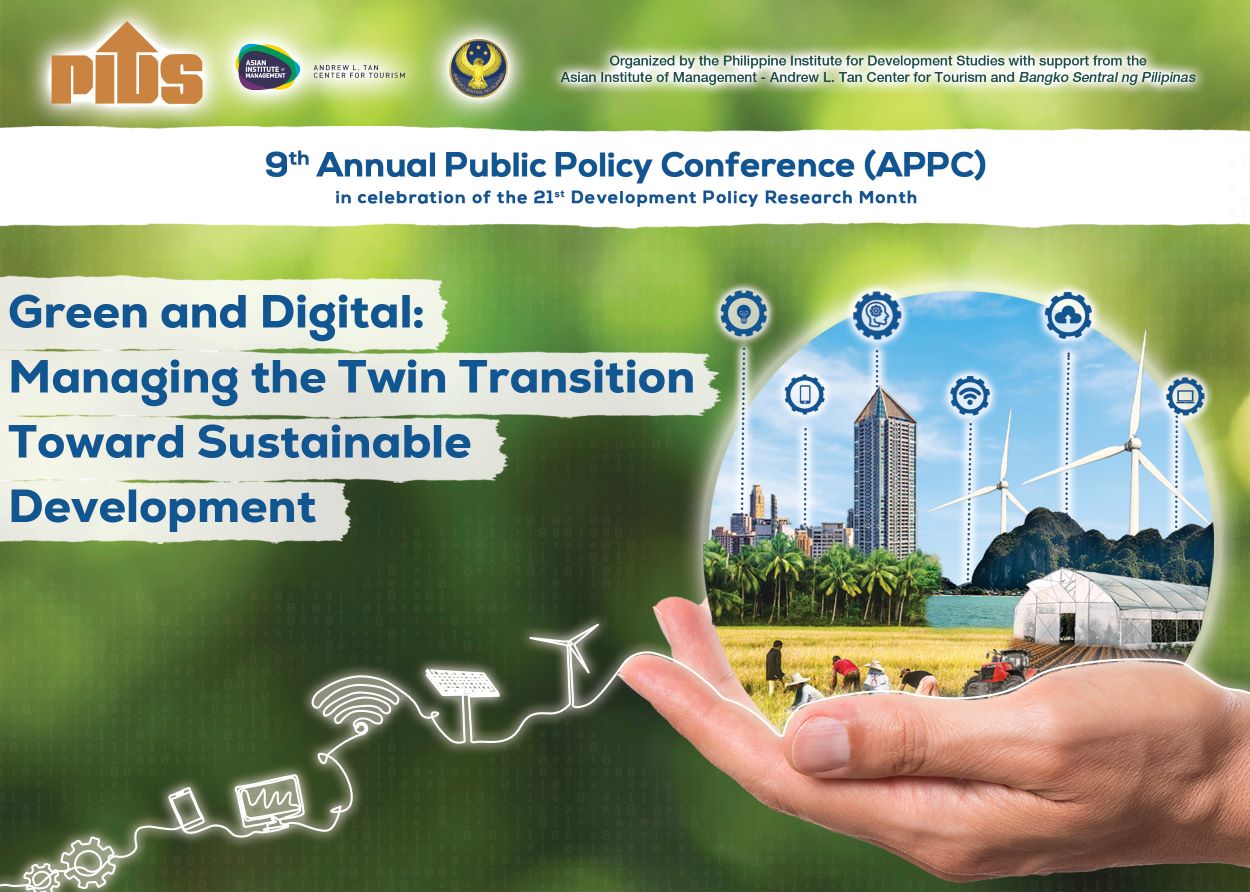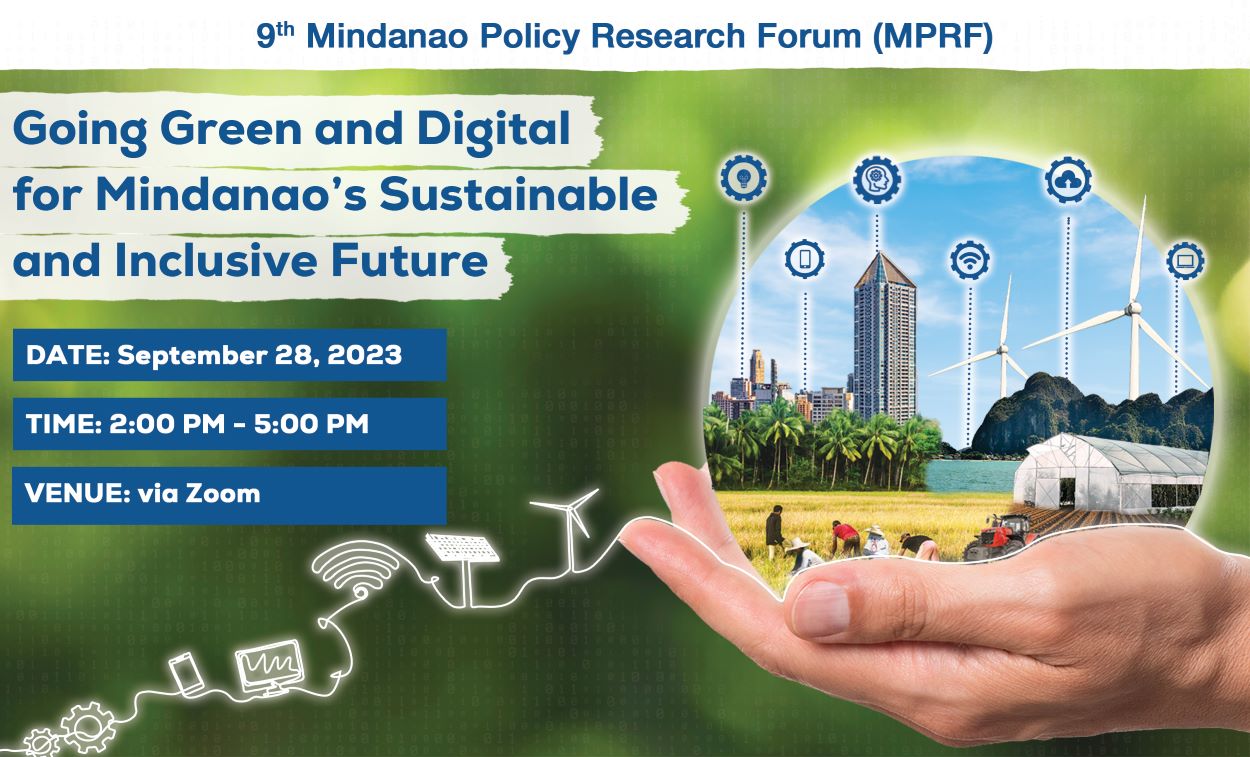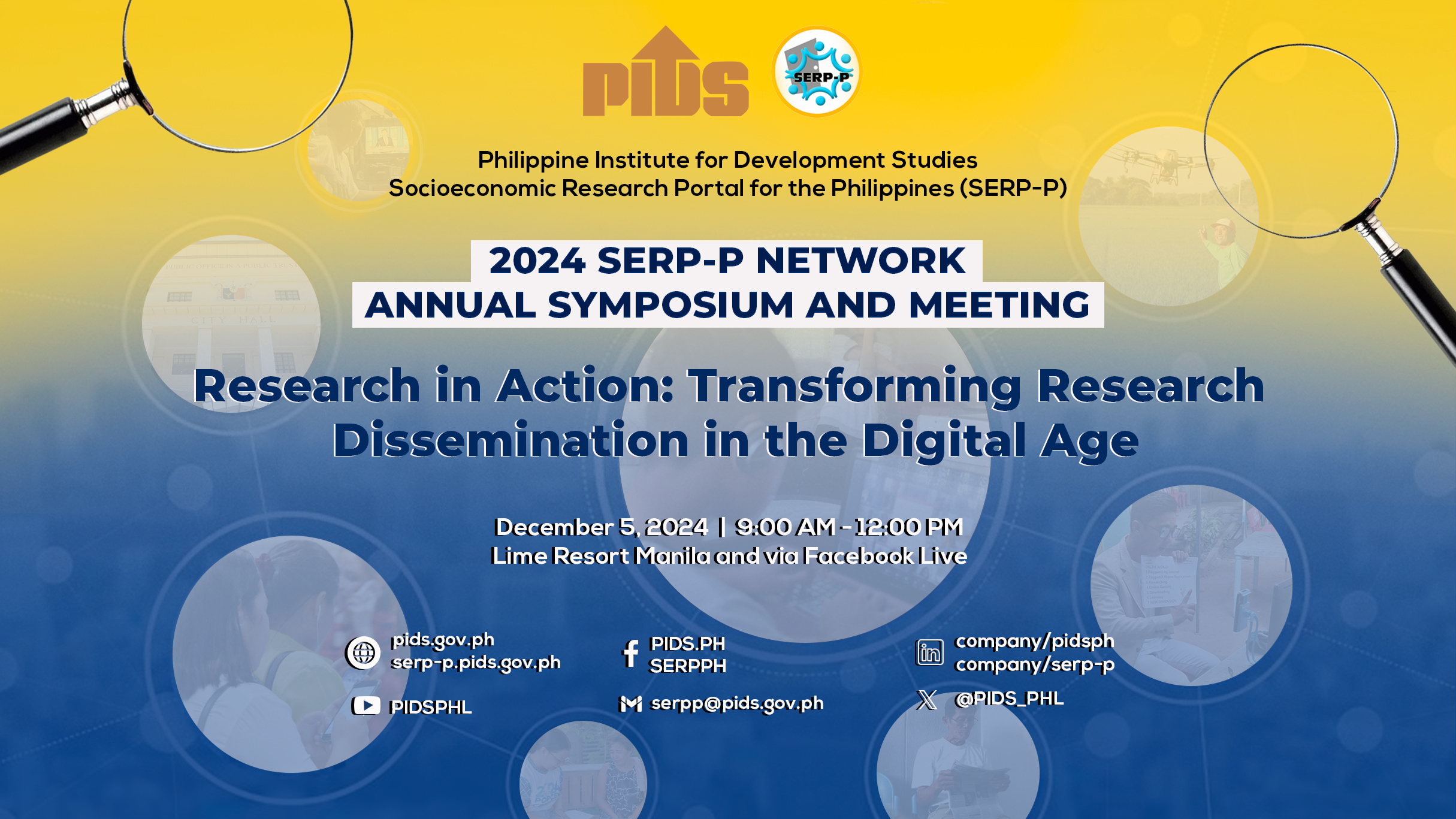The government needs to build its digital infrastructure to cope with the pandemic and similar threats in the future.
National Economic and Development Authority (NEDA) assistant secretary Carlos Bernardo Abad Santos stressed this during the kickoff forum of the Development Policy Research Month celebration (DPRM) organized by state think tank Philippine Institute for Development Studies (PIDS).
Abad Santos, a panelist in the forum, said the country needs to address various challenges in its digital infrastructure to “facilitate innovation across information technologies and smart systems.”
According to Abad Santos, among the major constraints is the country’s slow broadband speed, which he pointed out as “one of the lowest” in the ASEAN region.
“In 2019, we ranked 97th out of 200 countries and we are below Indonesia, Vietnam, Thailand and Malaysia,” he said.
He noted that the Philippines is “one of most expensive in terms of broadband pricing compared to its peers in the region” and that it “ranked 80th out of 206 countries and below Malaysia, Indonesia, Thailand and Vietnam” in 2019.
Based on last year’s National ICT Household Survey, Santos said “more than 60 percent of barangays interviewed do not have telecommunication towers in their areas, 70.2 percent do not have fiber optic cables installed in their communities, and 87.8 percent do not have free WiFi.”

